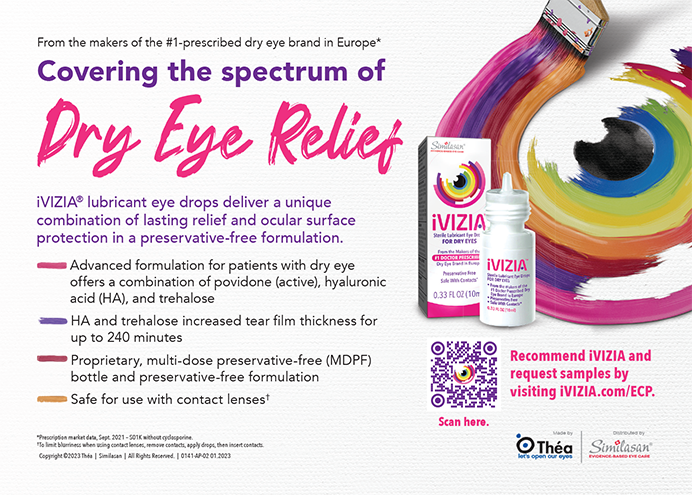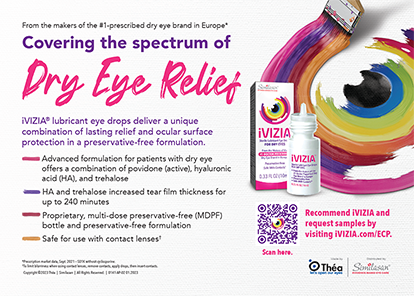I attended the 25th International Congress of German Ophthalmic Surgeons Meeting in Nürnberg, Germany, from June 14 to 16, 2012. The DOC, as the meeting is known, is one of my all-time favorites and is masterfully led by Armin Scharrer, MD. The congress represents the largest meeting in Europe, after the ESCRS, with some 5,000 attendees. The lectures are superb, I love to see my overseas friends, and I especially enjoy learning about the very latest lenses, lasers, and technology—all state of the art. Most of it, US surgeons do not have.
I used to see a lot of patients from abroad, but now, they go to Germany, including family members of some of the patients I once treated. The last few times an international patient called to make an appointment with me, I felt a bit self-conscious. Can they get the best possible care in this country? I believe US physicians are world-class, despite the claims of too many health care economists, but no new ophthalmic devices at all were approved from January 2011 to the time of this writing in June 2012. According to Andrew Von Eschenbach, FDA chief from 2005 to 2009, “Today, Americans wait as much as 60% longer than they did in 2005 for new lifesaving and lifeenhancing medical devices.”1
There are three alternative pathways by which US physicians and their patients can access new technology: 510(k) clearance, off-label use, and clinical trials. For example, surgeons and their patients can thank the FDA for the 510(k) clearance of laser cataract surgery, a far faster process than the typical full premarket approval that most lasers should complete. Off-label uses are common among physicians and, in ophthalmology, include PRK, all retreatments in refractive surgery, and the pre- and postoperative use of most drugs (eg, antibiotics and steroids). Clinical trials help a small number of patients, as in the case of corneal collagen cross-linking.
Sadly, all of these pathways are under attack. The 510(k) has been criticized in favor of a slower process. In May, Abbott paid a $1.6 billion fine for detailing off-label uses of valproic acid (Depakote).2 A major FDA trial of corneal collagen cross-linking was halted in mid-June, 70 patients short of completion, largely due to the cost of the FDA process, according to the company. The latest laser's maker, Schwind Eye-tech-solutions GmbH & Co.KG, has no plans to seek US approval due to the cost and duration of a clinical trial. Venture capital firms, which fund nearly all technological startups and clinical trials in this country, now question whether health care is the wisest place for their money.
At minimum, US surgeons must defend 510(k)s, off-label usage, and access to clinical trials. In addition, however, they should encourage the government to adopt a more European approval process based on safety and to allow the market to determine efficacy. Otherwise, how will ophthalmologists reply the next time an overseas patient calls, willing to make the trip here and saying, “Everyone knows American medicine is the best”?


